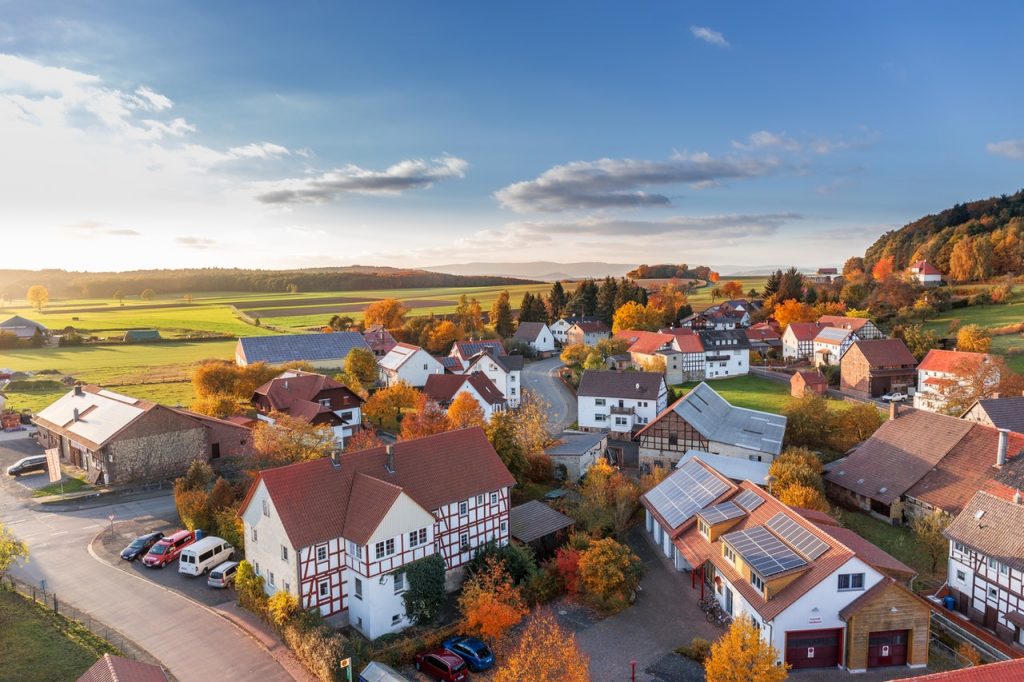Let’s face it; people don’t always agree on everything. Whether you are at work, at school, or in your neighborhood, conflicts and misunderstandings are prevalent. This often happens in small communities, where you have to deal with neighbors with varied personalities and backgrounds. While most issues tend to be minor, they can turn into long-term problems if not resolved immediately.
While most communities have homeowner associations that strive to keep a harmonious atmosphere, neighborhood disputes remain to be unavoidable. But it is also crucial to note that neighbors should maintain proper cooperation even when conflicts arise. Only then will a community will become a better place to live in.
So whether you are living in a large community or a small neighborhood, a basic understanding of neighborhood disputes and conflict resolution will help you prepare for unexpected conflicts. Here we have rounded up the common issues that often surface among neighbors. Familiarize yourself with these conflicts and learn how you can manage them.
1. Property Boundaries
Believe it or not, boundary complaints in a neighborhood often lead to court cases when left unresolved. The parts where your property begins and ends are always a cause of concern between homeowners who have adjacent properties.
Some people tend to be sensitive when it comes to land ownership. Sometimes it can turn into extreme behavior by making significant claims on a plot of land, even if they are not certain if it is theirs. Worse, they overreact on one misplaced fence, causing a major neighboring catastrophe.
Other causes also stem from knowing who is responsible for mowing the side lawn or which land they should plant the fences on.
How to solve it: Checking the property deed is a straightforward solution to boundary complaints. A valid property deed contains the identity of the grantee and an adequate description of the land.
A better way to avoid boundary complaints is to consult a surveyor before purchasing a house lot. This way, you can avoid land issues in the future while making sure everyone puts their fences on the right lawn.
But if things go out of hand and your neighbor begins to act harshly, you can turn to legal mediation services to resolve disputes efficiently. A legal counsel can help you reach a fair resolution by creating a safe environment to discuss neighborhood issues.

2. Noise
One of the most common causes of neighborhood conflicts is noise. These include anything from unruly children, barking dogs, a noisy loudspeaker system, and late-night parties. Although there are neighborhoods that can tolerate loud sounds, creating continuous loud noises is far from tolerable.
How to solve it: When you plan to throw a party, inform your neighbors ahead of time. Having parties during the daytime is much better than having a loud party until the wee hours of the morning. A better way to minimize loud sounds is to buy sound insulators to insulate the noise inside your home.
If you plan to celebrate until midnight, you can opt for other public venues to hold the party. You never know if you have a neighbor who has an opposite sleeping schedule or works at night. The last thing you want is to wake up to a police complaint.
For loud pets, train your animal by giving them toys or treats to keep them distracted. If your pet has a history of panic and stress, it would be best to consult a vet or a pet trainer. Pets are sensitive to loud sounds and bright lights. Desensitizing them from noises is a great way to keep them calm.
If you have children who have unruly behavior, keep in mind that parents are responsible for teaching their children to act properly. You can also turn to child therapy services if you have problems with child behavior.
3. Dirty Yards
Everything that grows around your yard is your responsibility. But if you are living in a tight-knit community and your home looks like a visual nuisance, don’t be surprised if your neighbors start knocking on your door.
A dirty yard is another chief complaint among neighborhoods. These include unkempt lawns, overflowing trashcans, offensive signs, overdue holiday decorations, and other things that can ruin a neighborhood’s aesthetic.
How to avoid: Proper maintenance of your yard is the easiest solution to issues like this. Although an unpleasant yard will not hurt your neighbors, it still matters to the entire community. Keep in mind that a dirty yard can attract thieves, rats, and snakes.
Maintaining your home’s aesthetic qualities shows that you care about the overall ambiance of your community by making it livable and child-friendly.
Neighborhood conflicts happen, and they are normal. Since people have unique personalities with different backgrounds, you have to be sensible enough by learning how to make a compromise. If a problem arises, talk about it and suggest solutions. At the end of the day, a harmonious community is better than a neighborhood full of grudges.

